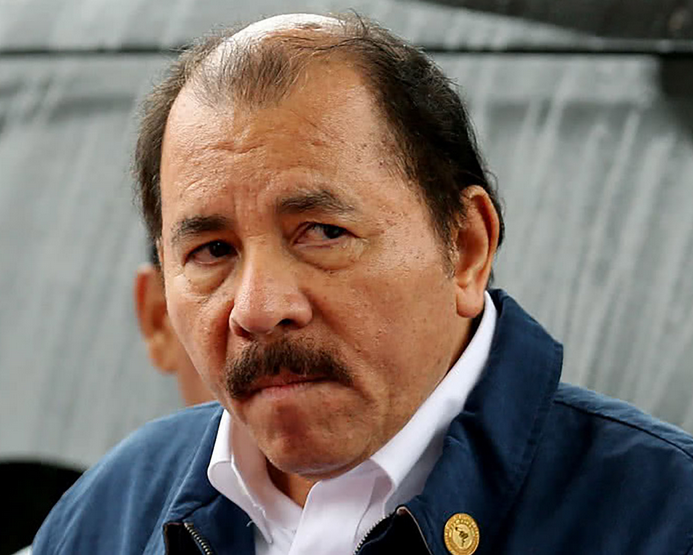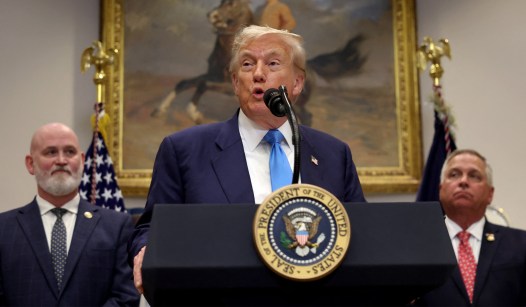Imagine waking up one day to find that your government has not only cracked down on dissent within your borders but has also extended its reach beyond national boundaries, targeting dissidents and activists living abroad. This nightmare scenario is becoming a reality for many Nicaraguans under the leadership of President Daniel Ortega, whose crackdown on dissent has now spread beyond the country’s borders.
In a recent report, United Nations human rights experts expressed alarm at the Ortega regime’s tactics of targeting Nicaraguan activists and dissidents who have sought refuge in other countries. The report highlights cases of intimidation, harassment, and even physical attacks against exiled activists, their families, and supporters. This wave of repression is not only a violation of international human rights norms but also a stark reminder of the dangers faced by those who speak out against authoritarian regimes.
One of the key points raised in the report is the Ortega government’s use of legal and diplomatic mechanisms to target dissidents abroad. This includes issuing Interpol alerts to have exiled activists arrested and extradited back to Nicaragua on trumped-up charges, as well as pressuring other countries to restrict the activities of Nicaraguan exiles on their soil. Such tactics not only undermine the rights of individuals to seek asylum and freedom of expression but also serve to create a climate of fear and insecurity among exiled activists and their supporters.
The UN experts also highlighted the role of social media and digital surveillance in the Ortega regime’s crackdown on dissent. In an age where communication technologies make it easier for activists to mobilize and organize across borders, the Nicaraguan government has stepped up its efforts to monitor, censor, and disrupt online dissent. This includes the targeting of social media accounts, websites, and online platforms used by exiled activists to share information and coordinate actions.
The international community has a duty to speak out against these violations of human rights and hold the Ortega regime accountable for its actions. Sanctions, diplomatic pressure, and support for civil society organizations can help to protect the rights of Nicaraguan activists and dissidents, both within the country and abroad. In the face of such repression, solidarity and support from the global community are more important than ever.
In conclusion, the spread of Ortega’s crackdown on dissent beyond Nicaragua’s borders is a troubling development that should concern us all. By standing up for the rights of exiled activists and speaking out against these abuses, we can help to protect the fundamental freedoms and values that are under threat in Nicaragua and around the world.





